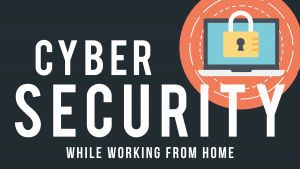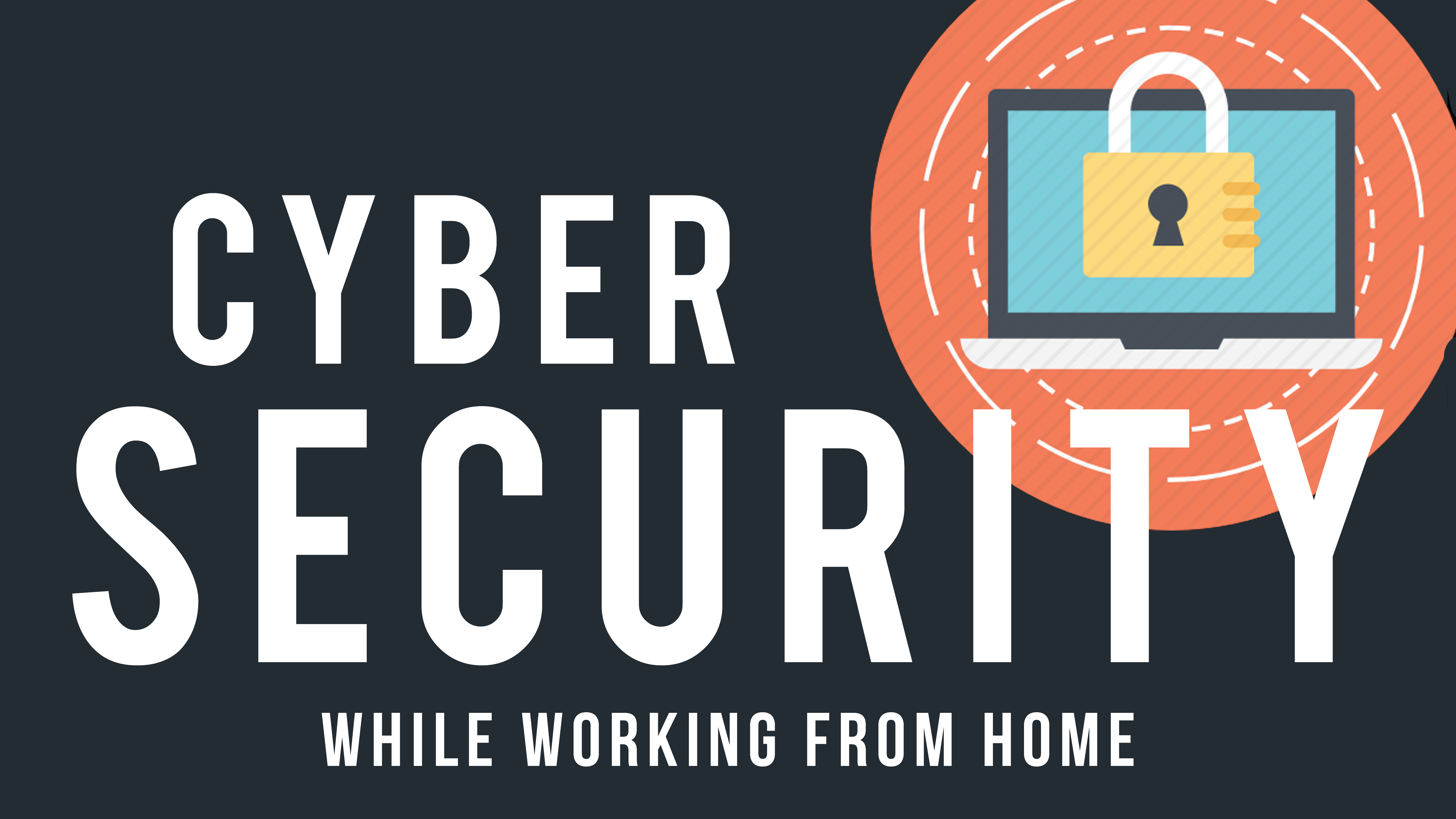 The University of Alabama Office of Information Technology wants to make sure you’re working securely – wherever your workstation. Review these tips to ensure your computer, data and network are secure.
The University of Alabama Office of Information Technology wants to make sure you’re working securely – wherever your workstation. Review these tips to ensure your computer, data and network are secure.
Use antivirus software.
OIT provides free McAfee antivirus software for UA students, faculty and staff. OIT understands individuals may be working remotely on personal machines. McAfee is available for download on personal and University-owned equipment.
Keep software updated.
Software developers release patches and updates to cover bugs in the systems or chinks in the security armor. Keep your computer’s operating system and software up to date to ensure you have the most secure version available. Visit your device’s settings to see your current operating system and update options. In most software applications, you can choose “Help” from the main menu, then check for updates.
One of the most important software applications to update is Microsoft Outlook. OIT recommends using the Microsoft Outlook application on computers and mobile devices for UA email. The Outlook application offers better account security than native mail clients.
Passwords matter.
Sure, you may have a secure password for your myBama account, but what about your personal computer? Or even more important – your home Wi-Fi network? Cybersecurity pros recommend changing the default name of your home Wi-Fi network. Manufacturers give wireless routers a default SSID. Customize this, and your network password, with a complex combination of numbers, letters and symbols. Remember, OIT offers LastPass password management tool free to UA students, faculty and staff to secure complex passwords.
Although regular password changes are not required, OIT Security recommends changing password annually. If it’s been over a year since you’ve last changed your myBama password, change it today. Remember – do not use the same password for multiple accounts. Each online account should have a unique password.
Connect to UAVPN2.
If you’re accessing sensitive information, applications or systems, connect to UA’s virtual private network. A VPN creates a secure pathway to the UA campus network from your home network. In March, OIT implemented a new VPN, UAVPN2, to accommodate expanding remote work. The original UAVPN will be decommissioned later this summer.
Keep your machine – and your inbox – clean.
Got extra time on your hands? Use it to clear your email mailbox and computer. Many UA employees may not know they have sensitive information in their email mailbox or computer. OIT offers Spirion software to UA faculty and staff for University equipment to discover sensitive information. If you have emails with sensitive or personally identifiable information, delete them and empty the trash.
Beware of scams and phishing emails.
OIT blocks over 88% of all phishing emails the University receives; however, many still sneak through. When students, faculty and staff work on campus, OIT Security has better capabilities to protect accounts by blocking malicious activity from the network. When individuals are not connected to the UA network, instead working from a home connection, hackers know they have a unique opportunity. During this time of remote work, it is crucial students, faculty and staff be particularly mindful of phishing emails. Remember to look at the actual “from” email address, and hover over links before clicking. Of course, if it is too good to be true, it is probably fake.
To learn more cybersecurity tips, and to learn how to spot phishing emails, visit the OIT website.
